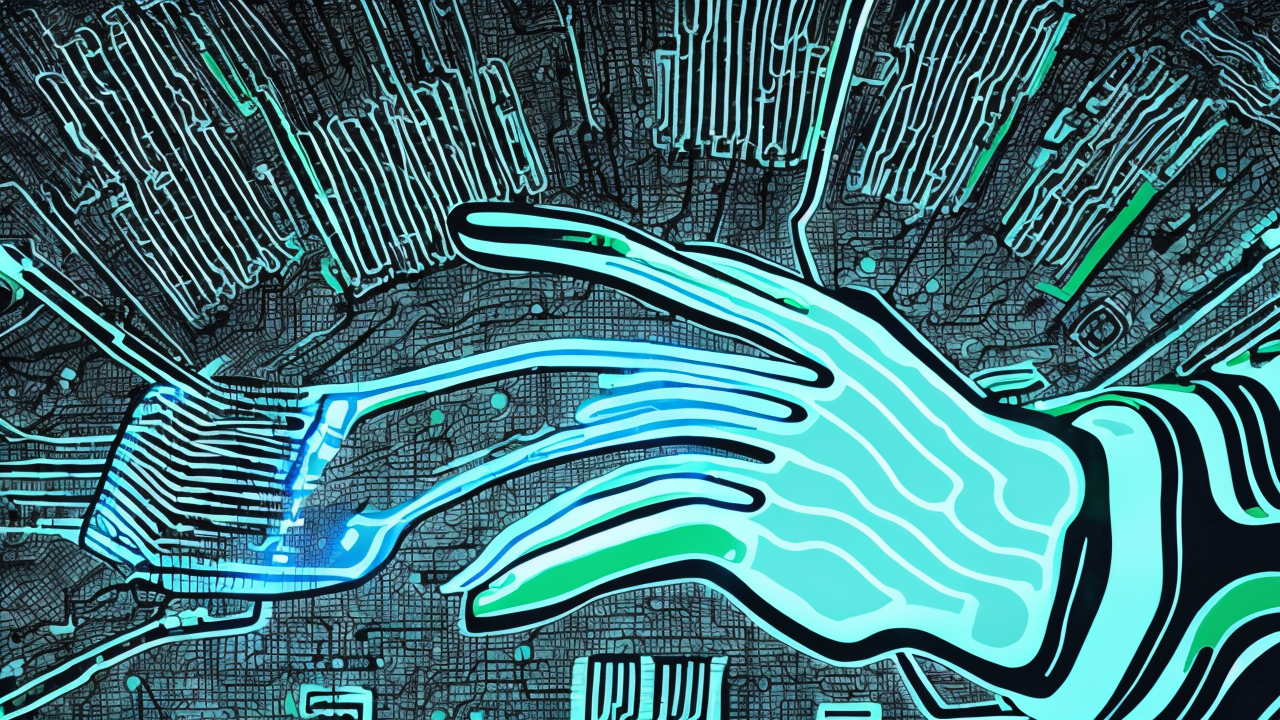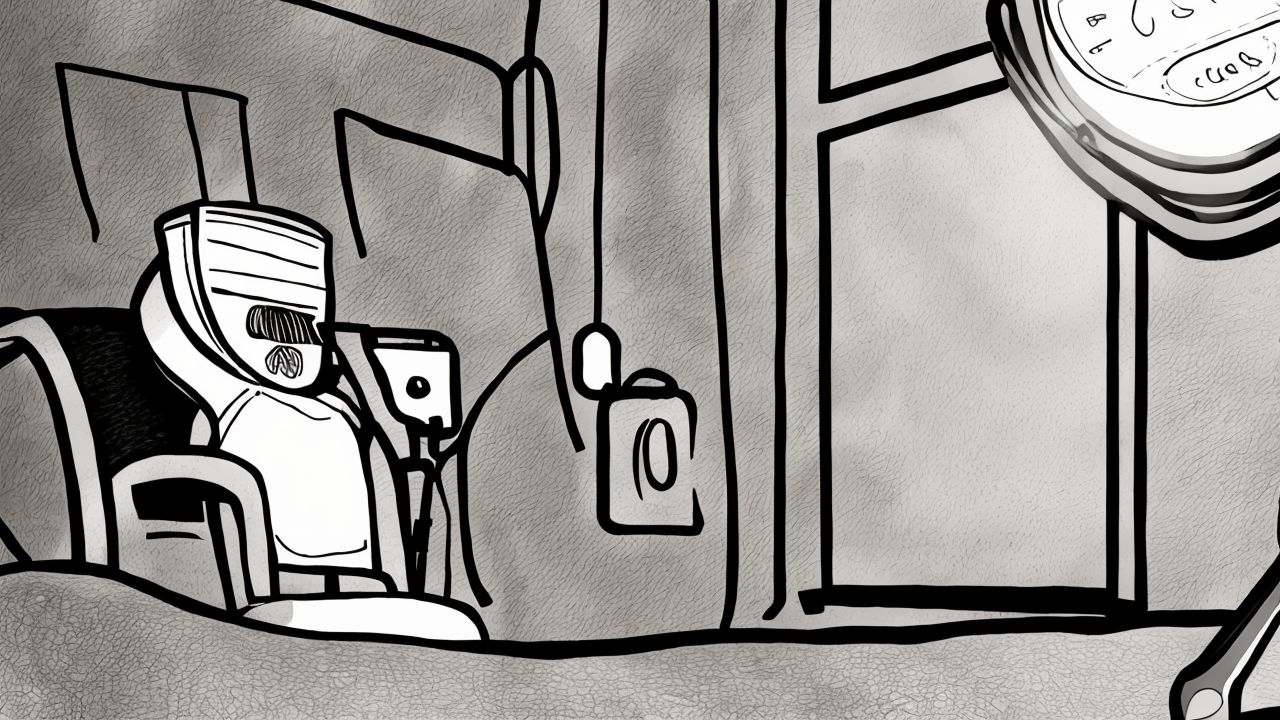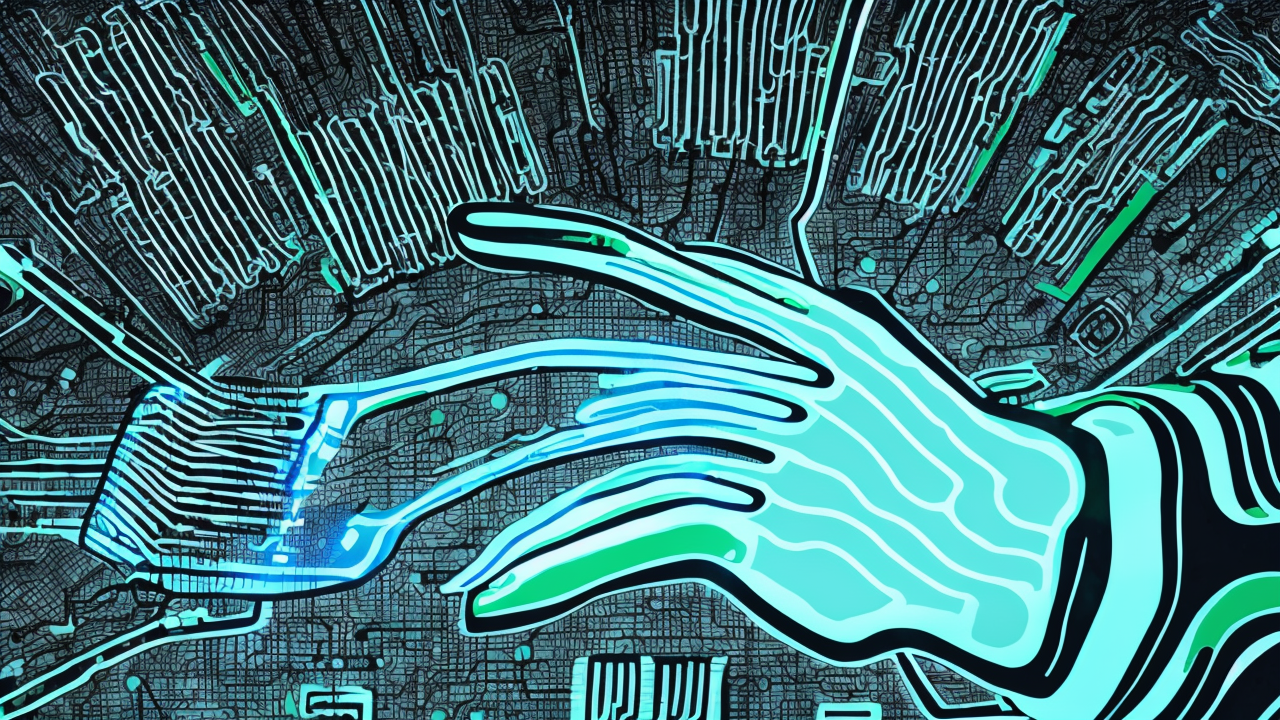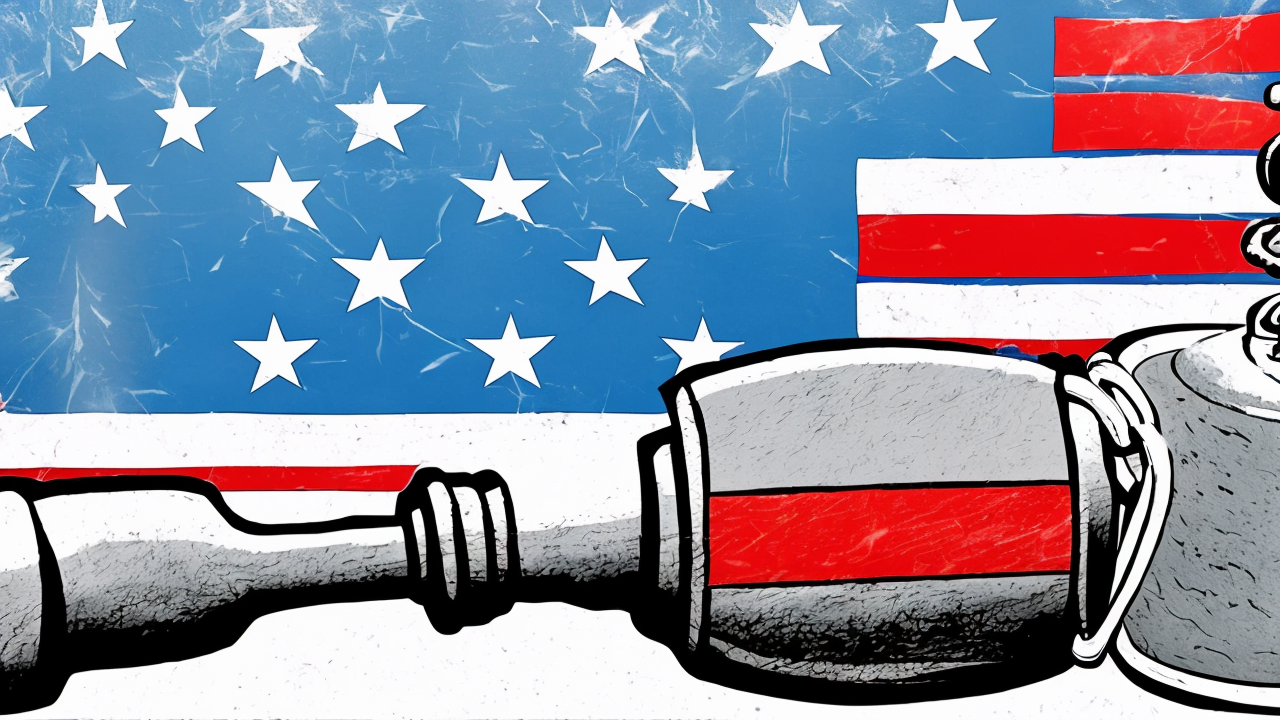The Rise of Cybernetics: A Conservative Perspective on Technology and Freedom

The promise of technology has long been tied to human progress—making life easier, faster, and more efficient. Yet as cybernetic systems grow more embedded in daily life, a deeper question emerges: at what cost do we trade our autonomy for comfort? From the algorithms that shape our news feeds to the smart devices that monitor our routines, these systems operate on feedback loops designed to predict and guide behavior. While such innovations bring undeniable benefits, they also challenge long-held American values—self-reliance, personal responsibility, and the dignity of individual choice.
This is not a call to reject technology, but to approach it with discernment. The early vision of cybernetics, developed by Norbert Wiener, was rooted in systems theory—feedback mechanisms meant to improve performance in machines, military operations, and eventually, public infrastructure. These ideas were not inherently dangerous. But when applied to human behavior, especially on a mass scale, they risk transforming society into a network of controlled responses rather than a community of free-thinking individuals.
Consider the modern social media platform. It does not simply deliver information; it learns what stirs emotion, what triggers engagement, and then amplifies it. Outrage, fear, and division are not accidents—they are optimized outcomes. The result is not an informed public, but a reactive one. When our thoughts are shaped by invisible algorithms, when our choices are nudged by data-driven design, we begin to lose the capacity to think independently.
This is not a new concern. Conservatives have long warned that freedom is not the absence of rules, but the ability to live according to one’s conscience and judgment. The Founding Fathers understood that liberty depends not just on laws, but on character—on the habits of self-discipline, prudence, and moral courage. Yet today’s technological environment often rewards passivity, discourages deep thought, and diminishes the value of personal effort.
Smart homes, wearable devices, and predictive software promise convenience, but they also collect vast amounts of personal data. This data is not neutral. It is used to model behavior, anticipate needs, and, ultimately, influence decisions. When companies know what we are likely to do before we do it, they gain a power that transcends market competition. They begin to shape not just what we buy, but how we think, what we value, and even whom we trust.
The danger is not only in external control, but in internal surrender. When we grow accustomed to having every decision made for us—what to watch, who to follow, how to spend our time—we lose the muscle of independent judgment. And with that loss comes a weakening of personal responsibility. Mistakes become rare, not because we are wiser, but because we no longer take risks. Innovation slows. Character atrophies.
This is not a rejection of progress. It is a call to define it properly. True progress does not mean replacing human judgment with machine logic. It means using technology to serve people, not to manage them. It means preserving space for silence, solitude, and reflection—conditions where character is formed, not programmed.
We must demand transparency in how data is used. We must limit the scope of surveillance and algorithmic influence. We must teach our children not only how to use technology, but how to question it. And we must remember that the strength of a nation lies not in its connectivity, but in the integrity of its people.
The future of America depends not on smarter machines, but on wiser citizens—those who know how to think for themselves, who value hard work over shortcuts, and who understand that freedom is not given, but earned through discipline, virtue, and a steadfast commitment to truth.
Published: 10/29/2025








